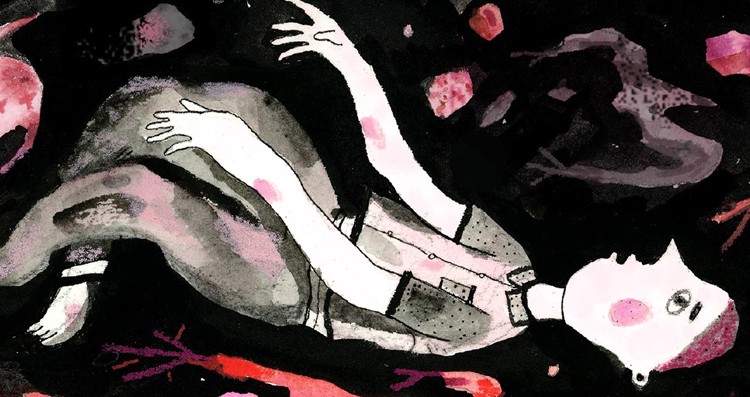Books & Culture
REVIEW: Mule by Tony D’Souza

Mule: A Novel of Moving Weight
Tony D’Souza
Mariner Books
304 pp / $14.95
A common narrative of this recession is the “unlikely criminal:” A middle-class person, usually white, turns to crime to survive hard times. Most of these stories are on cable: Weeds, Hung, Breaking Bad. But Mule, a compulsively-readable new novel from Tony D’Souza, takes the genre down to the nitty-gritty: How do you actually go about building a criminal empire?
Mule is Scarface for readers of The New Yorker: It plots all the emotional points on a man’s rise and downfall, while explaining everything you need to know to avoid getting caught while driving $50,000 worth of marijuana from California to Tennessee.
D’Souza’s book is the most satisfying in answering the details that cable skims over. Our hero, James, is an out-of-work freelance journalist with a new family and no safety net. When he gets an opportunity to make some quick cash, he researches the business of driving drugs like a long-form journalist: How do you convince a bank teller to hand over your $7,000 savings account in hundreds? What are your rights if a cop pulls you over in Texas versus Nevada? And, as James asks of a buyer he meets on his first run: “How much does an ounce weigh?”
That joke is genius, a perfect execution of a necessary beat in the unlikely criminal genre: the criminal ingénue doesn’t know what he’s doing. And, admirably, it’s one of the few genre clichés D’Souza leans on.
Many of these genre stories indulge in a little celebration of privilege. There’s always the beat, early on, where a character realizes he’s getting away with murder because he’s white, middle-aged, and drives an SUV. He’s blundering, but the people around him are blind.
It happens in the first season of Breaking Bad: Walt, the chemistry-teacher-turned-meth-cook, gets a visit from a DEA agent investigating chemistry class equipment stolen by a meth cook. (Walt stole it). Walt takes a phone call from a dealer in front of the DEA agent, then laughs along as the agent jokes about Walt being the culprit.1 That genre moment is there in these stories to remind us that the protagonist, hard times or not, is still a middle-class person with the privilege it affords.
In Mule, James doesn’t have that luxury. The trappings of middle-class security are stripped from him quickly and thoroughly, and while his choice to break the law is never totally forced, his options are limited. Once he gets started, he’s painfully visible; cops watch him on the road, noticing his rental car and two-day stubble.
By forcing this middle-class person (James is a freelance journalist with the New Yorker on his resume, for crying out loud) into this situation, D’Souza gives Mule the accurate weight of the recession on middle America. Even when James and his young family are in fat city, the woes of Florida are vividly all around them.
Compared to the fantasy of cable, this book is a “For Dummies” primer on surviving the recession without getting arrested — for those considering crime, at least. Those considering #OccupyWallStreet will have to rely on tips and tricks from the cops.
1 I apologize for the very long digression about Breaking Bad. I love Breaking Bad.
***
— K. Reed Petty is a writer from maryland. You can follow her on twitter @pettykate.









